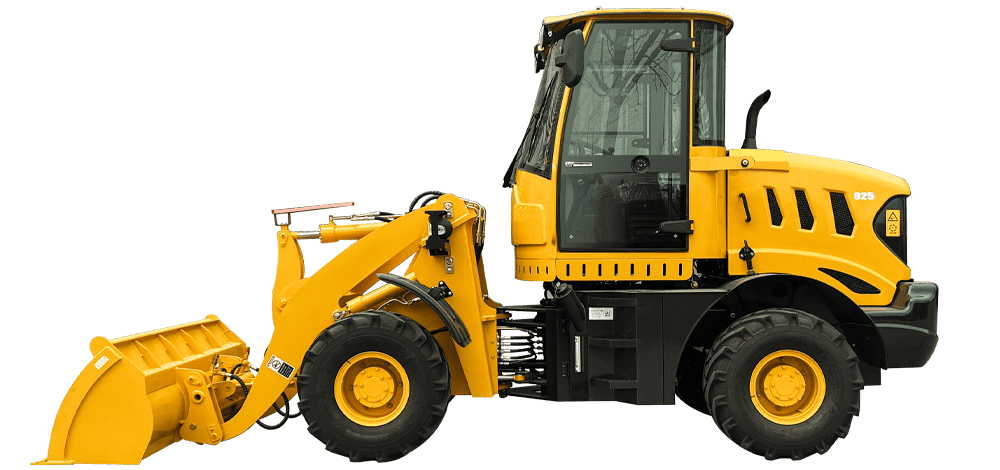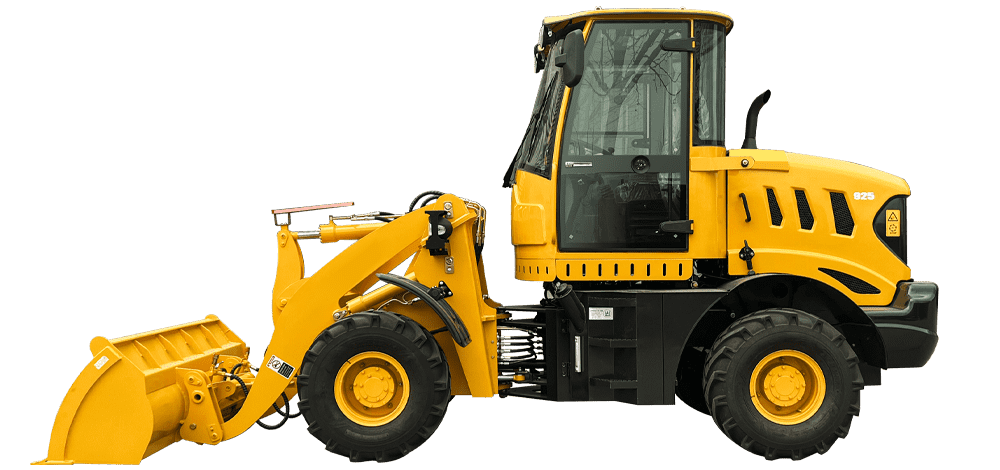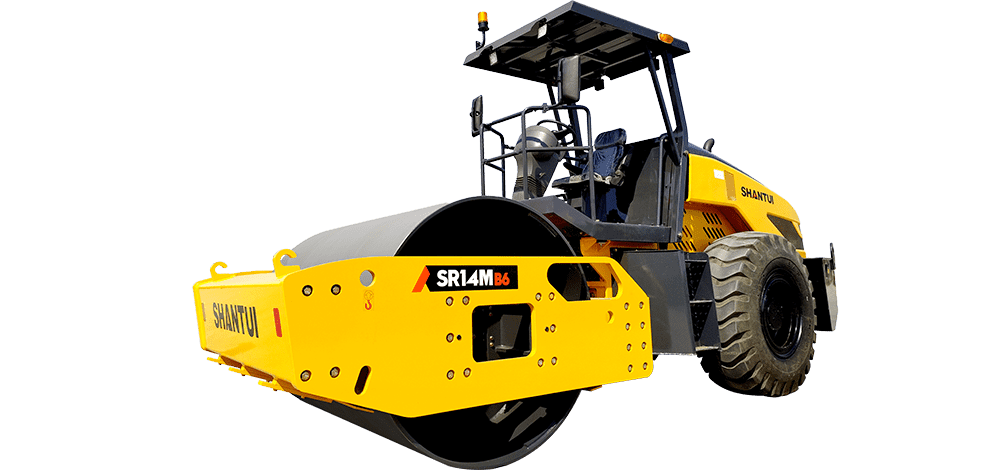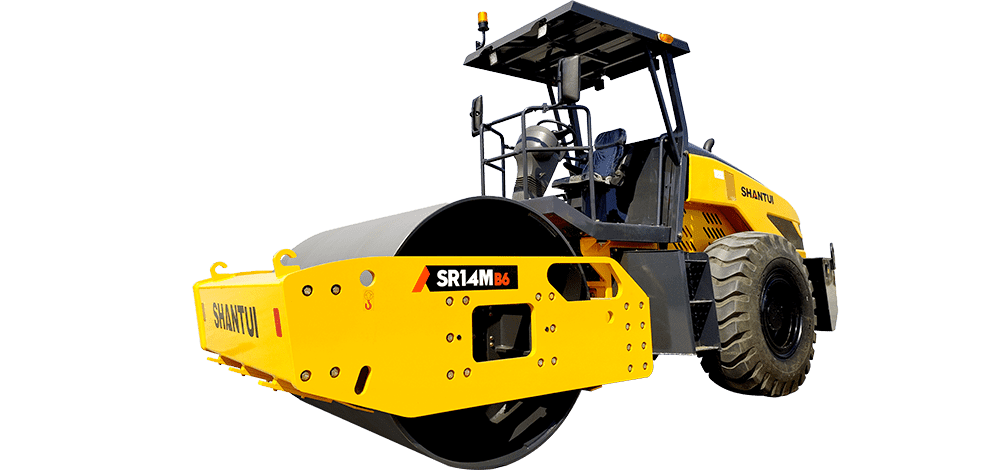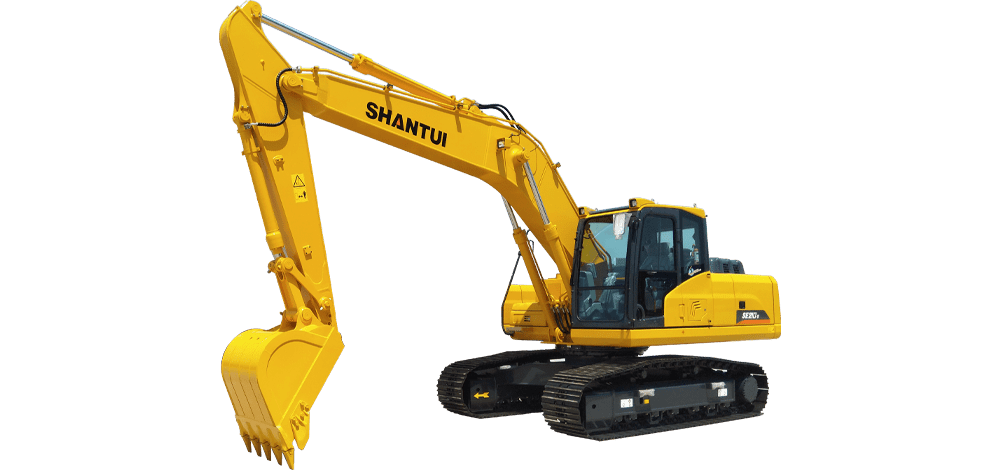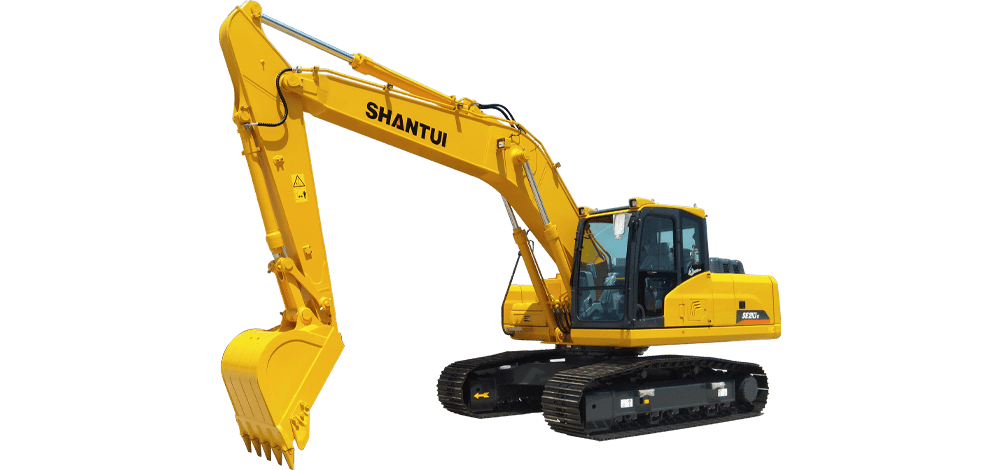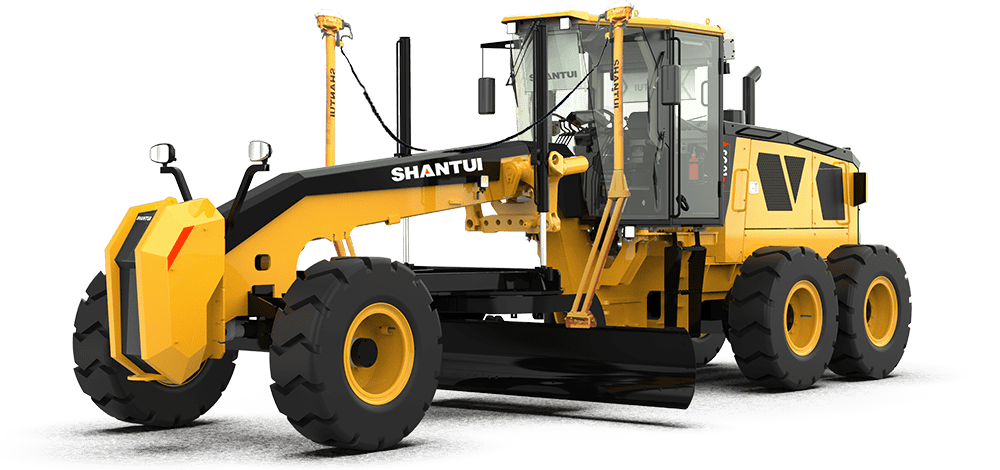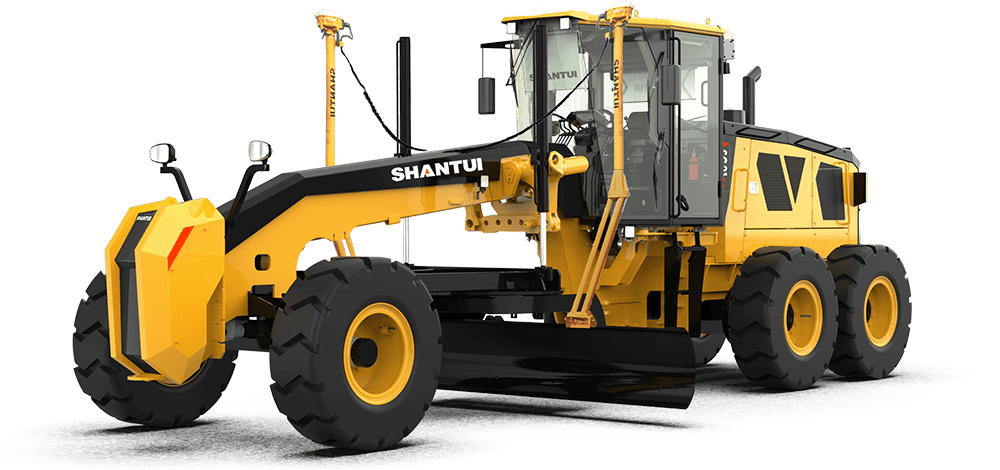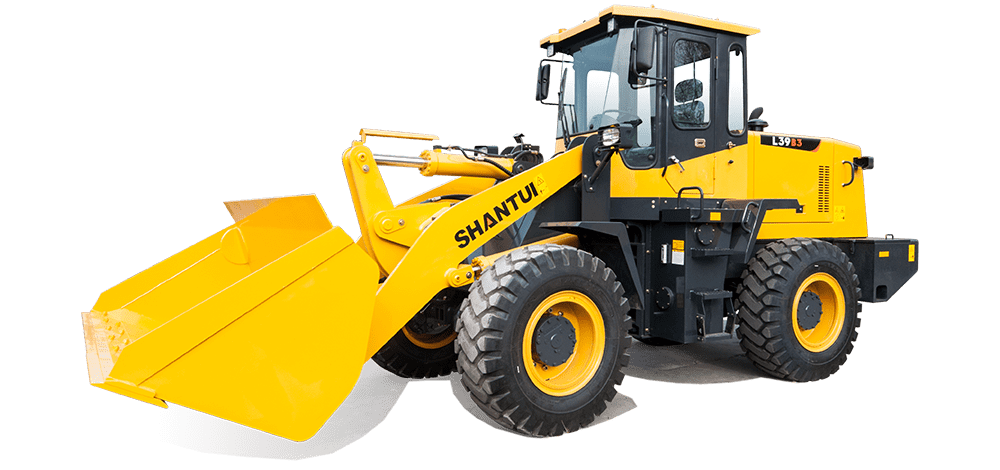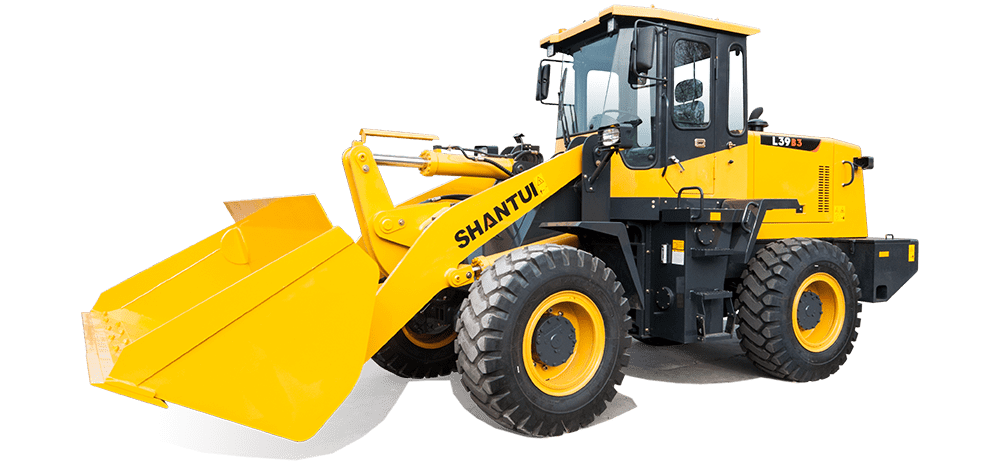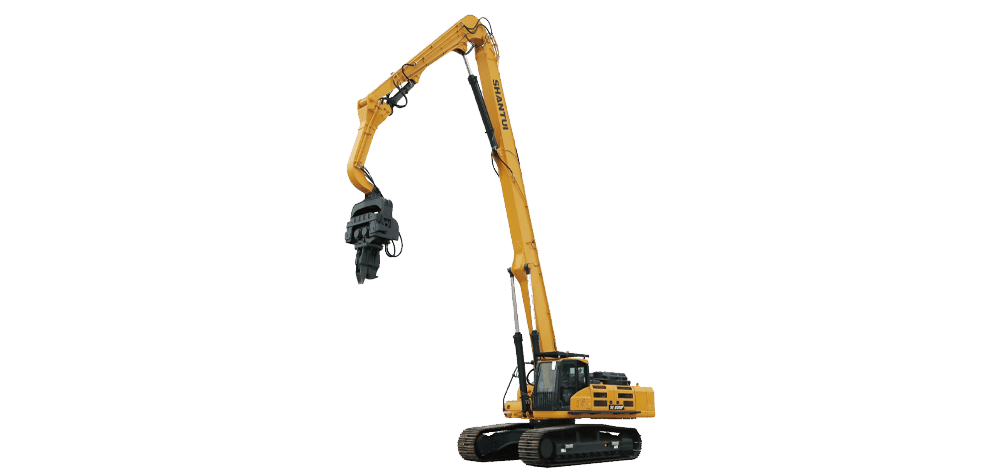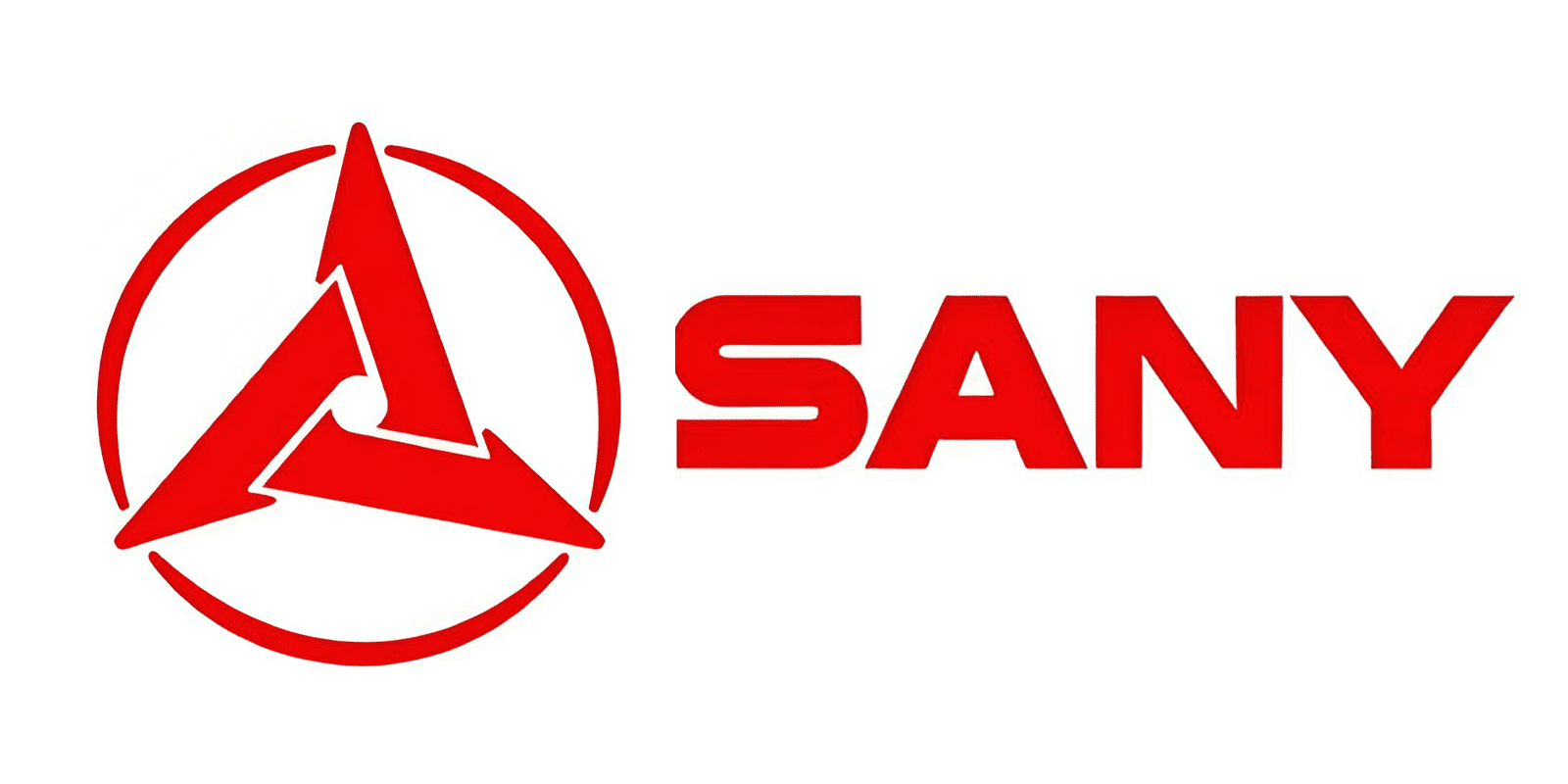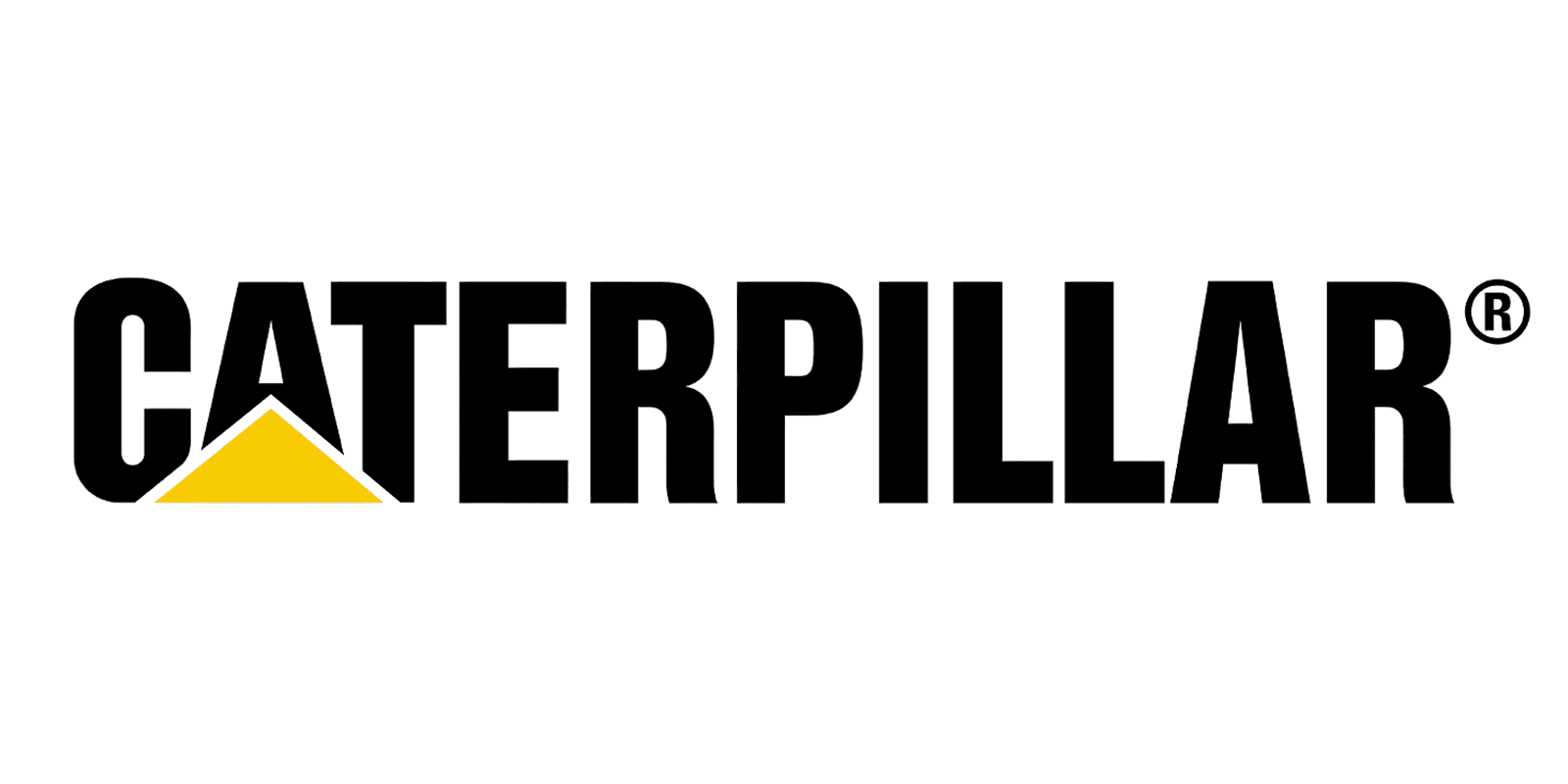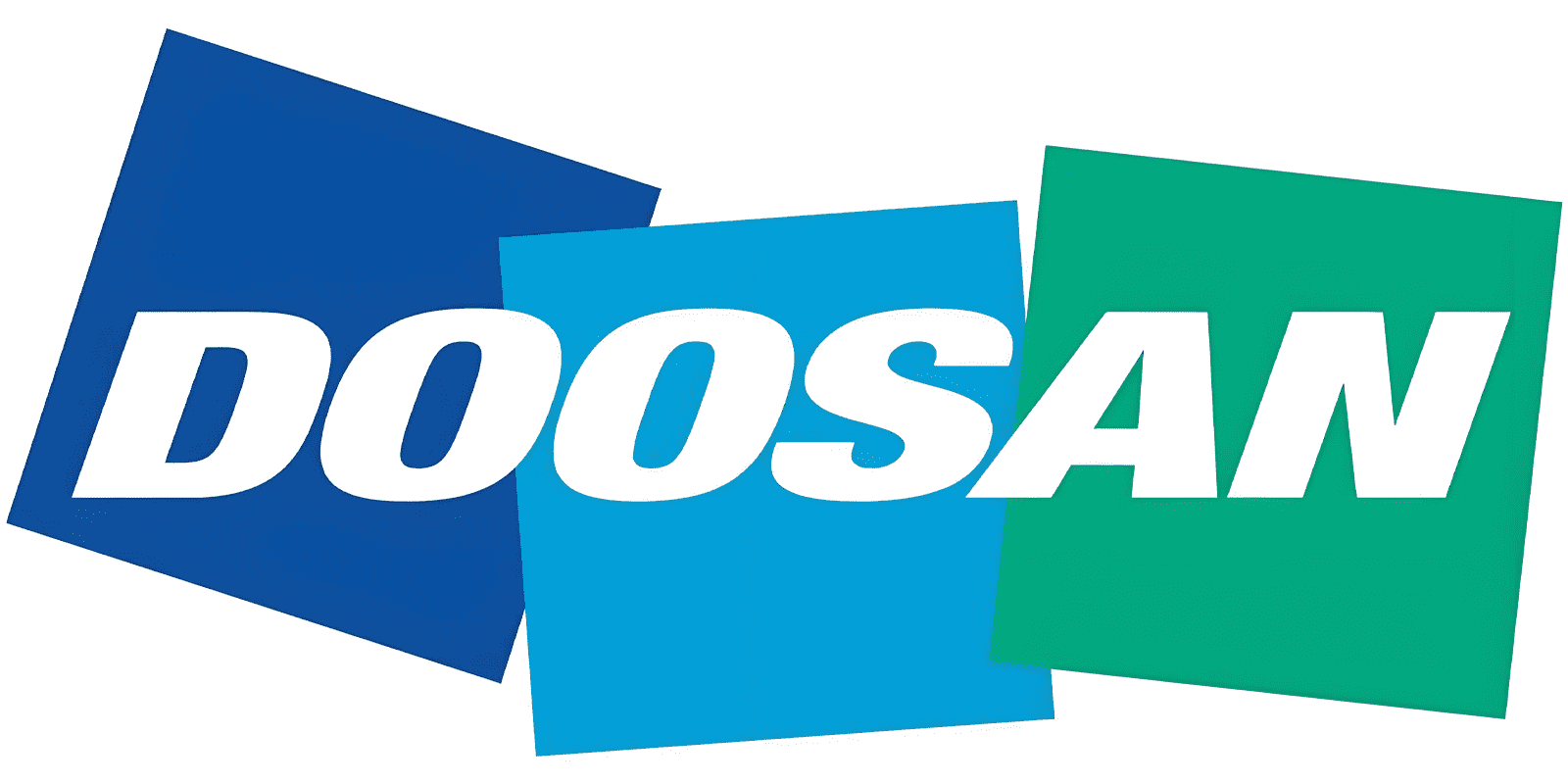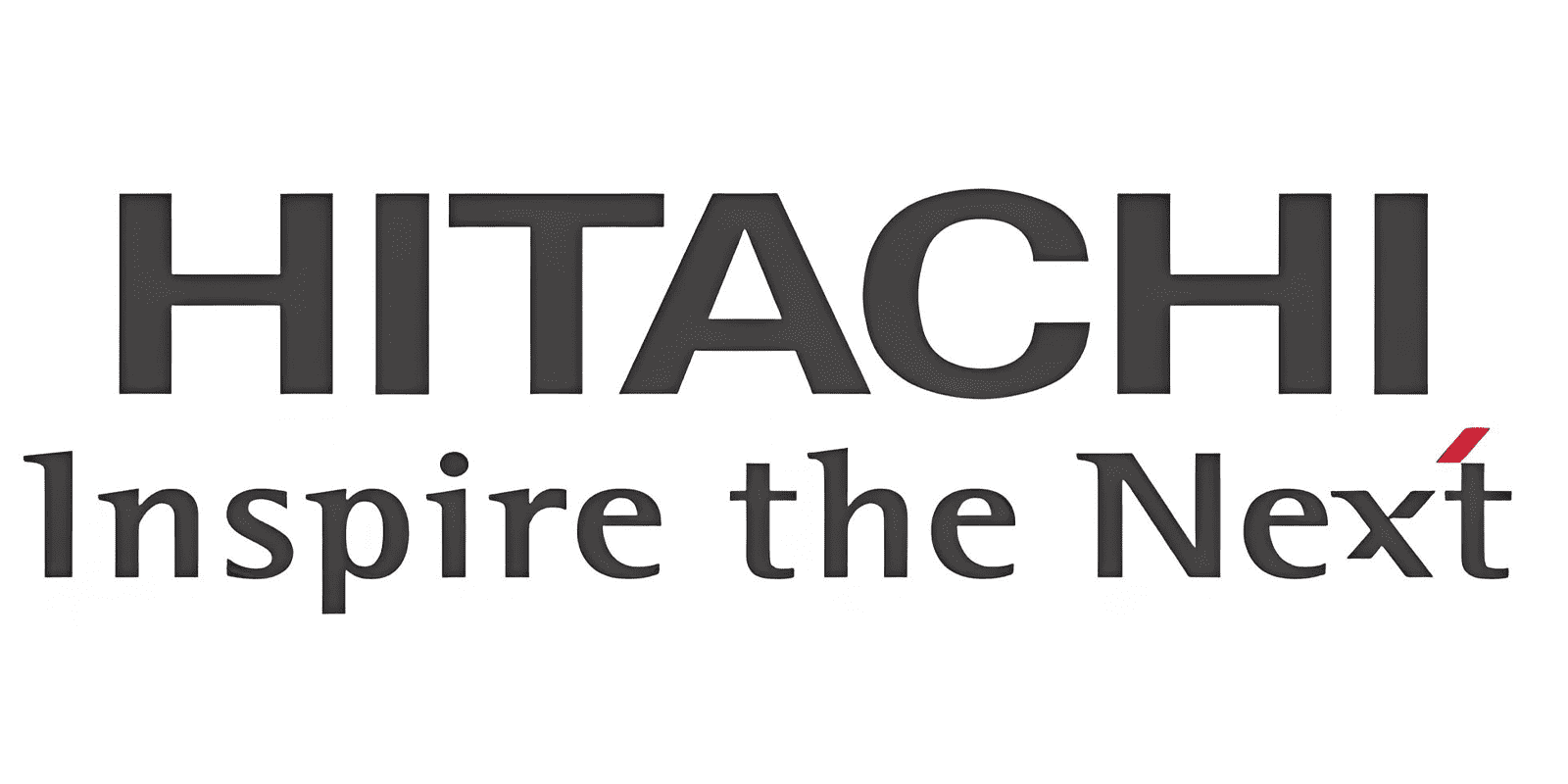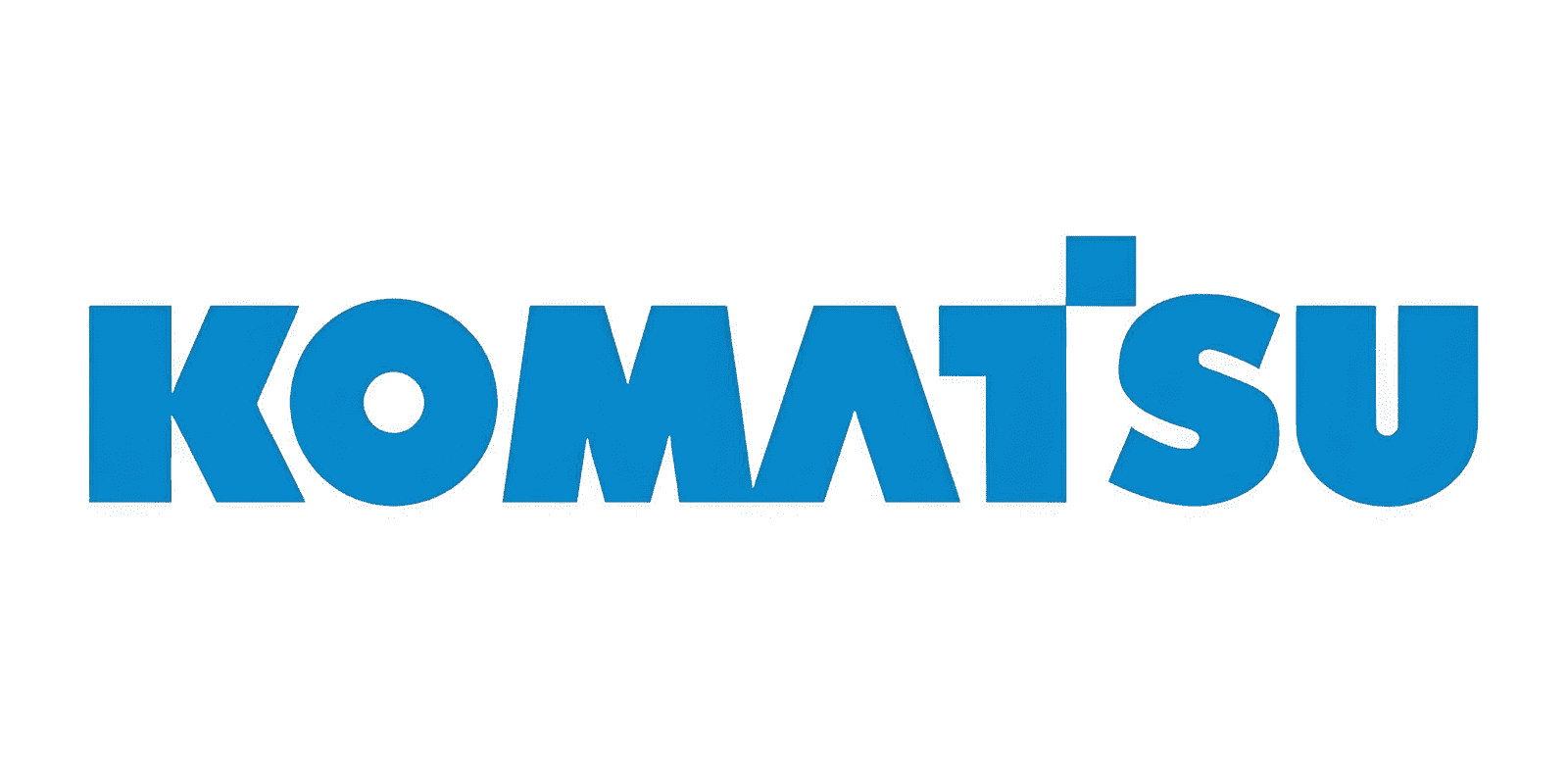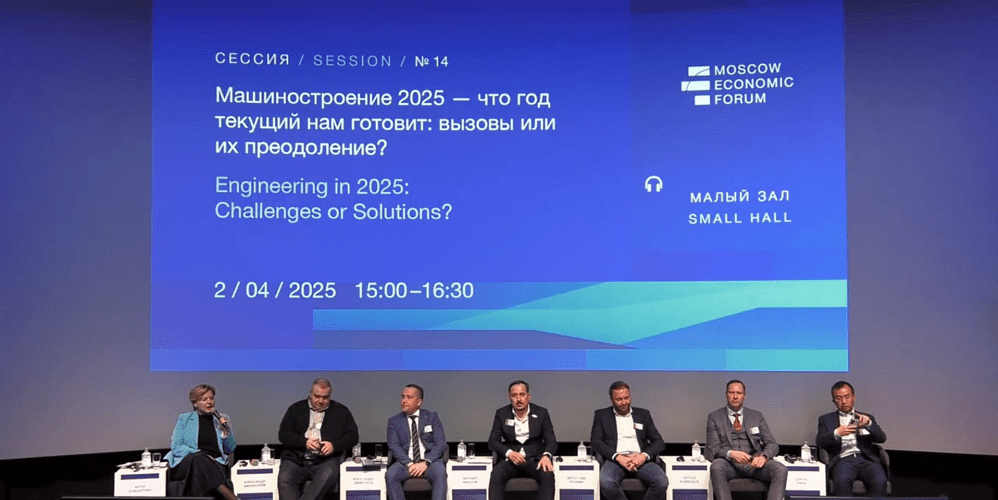Under the current domestic economic conditions in Russia, the achievements of local machinery manufacturers, rising production costs, declining demand, and challenges in credit policies became the core topics of discussion at a special session of the 9th Moscow Economic Forum.
The thematic session titled “2025 Machinery Manufacturing—Challenge or Breakthrough?” was held on April 2, with Alla Yelizarova, Director of the Russian Special Machinery Association, serving as the moderator.
In her opening remarks, Yelizarova pointed out that Russia had previously created a favorable investment environment for the machinery manufacturing sector. Since 2019, domestic manufacturers of special equipment have invested over 45 billion rubles in new and modernized production facilities. However, last year, companies encountered what she called “investment immunity”—a clear negative trend in output and shipments across various industries. One of the key reasons is the central bank’s ultra-high interest rate policy, which has significantly dampened investment activity among both equipment users and manufacturers.
Alexander Vinokurov, founder of VBK RUS, drew attendees’ attention to the severe contraction in the commercial vehicle market: warehouses are overstocked, manufacturers are laying off workers, and this has created a ripple effect on Russian component production. According to Vyacheslav Pronin, Deputy Director of the Russian Special Machinery Association, the entire Russian machinery manufacturing industry and non-resource industrial sector are currently enduring a “triple blow”: the first is the economic cooling policy, the second is the open market for imports, including those from unfriendly countries, and the third is the uncertainty about future prospects and the rationale for investment.
Alexander Dmitriev, General Director of the Cheboksary Power Plant, revealed that in the high benchmark interest rate environment, users of road construction machinery and special equipment prefer depositing funds in banks rather than upgrading their equipment. Meanwhile, machinery manufacturers, facing slim profit margins of 10%, are forced to accept loans with interest rates as high as 25%.
Jian Lian, a partner at Beijing Hengce Investments, criticized the fallacy of “fiscal conservatism” policies: Russia exports raw materials to earn foreign exchange, then uses these funds as reserves for domestic infrastructure investment. For a large country capable of quickly establishing independent production capacity and creating domestic demand, this model of accumulating foreign exchange is unsuitable—especially in the machinery manufacturing sector.
China, on the other hand, independently generates funds through domestic industrial and infrastructure investments, without relying on exports to the U.S. to obtain dollars for infrastructure projects. Moreover, this process is accelerating year by year.
Keywords:

